Why Correctly Recording Shareholder Loan Payments is Crucial for Business Owners
Givens LLP | October 29, 2024
SHARE
For many small business owners, especially those who are also shareholders, it’s not uncommon to draw money from the business to cover personal expenses. Whether it’s to cover an emergency or fund a personal project, these withdrawals can seem like a quick solution. However, there’s more complexity to these transactions than meets the eye. The way these withdrawals are documented can have significant tax consequences—both for the shareholder and the corporation.
At Givens LLP, we’ve seen firsthand how improper recordkeeping can lead to costly tax issues for business owners. In this post, we’ll explore the importance of accurately recording shareholder loan payments and the lessons learned from a recent tax court case that underscores why businesses should never overlook this aspect of their financial management.
The Potential Pitfalls of Shareholder Withdrawals
When a shareholder takes money out of their business, how it’s recorded determines its tax implications. It could be documented as:
- A loan to the shareholder
- Repayment of a loan made by the shareholder to the business
- A taxable benefit
- Dividend or salary payment
If the transaction is not clearly defined, the Canada Revenue Agency (CRA) may step in and make its own determination. And if that happens, it’s rarely in favor of the taxpayer. Without proper documentation, the withdrawal could be considered taxable income, leading to unexpected tax liabilities.
For instance, companies are permitted to lend funds to shareholders, but these loans must be repaid by the end of the fiscal year following the year the loan was made to avoid being treated as taxable income. If the loan remains unpaid after this period, the CRA may classify it as shareholder income, triggering immediate tax obligations. Even more concerning is the fact that any lack of clarity in the company’s records could lead to the assumption that a shareholder benefit, rather than a loan, was intended from the start.
A Taxpayer’s Misstep
A recent case in the Tax Court of Canada illustrates how improper recording of shareholder loans can lead to tax trouble. A recent case involved a taxpayer who had withdrawn funds from his business, assuming they were repayments of loans he had made to the company. The company had been set up to help his son’s career as a mechanic, and in 2013 and 2014, it paid over $40,000 to the taxpayer.
The taxpayer claimed that these payments were simply repayments of the initial funds he had lent to the company to get it started. However, there was a problem: the shareholder loan account was never updated to reflect these repayments. Without proper records in place, the CRA reassessed the taxpayer, treating the payments as taxable shareholder benefits rather than loan repayments.
The court, while acknowledging that the taxpayer was a credible witness and had genuinely intended for these withdrawals to be loan repayments, ultimately ruled against him. The lack of proper documentation meant that the court had no choice but to treat the amounts as taxable income.
The lesson? As the court noted, “the subjective intent of the taxpayer, expressed after the fact, is at best of little relevance.” What matters is how the transaction is recorded at the time it occurs.
Why Accurate Recordkeeping Matters
The recent case highlights a critical point for business owners: even if you have the best of intentions, poor recordkeeping can land you in serious trouble with the CRA. This is particularly true when it comes to shareholder loans, where the line between a loan and a taxable benefit can be razor-thin.
Here are some key takeaways to protect your business:
- Record transactions immediately and accurately: Shareholder withdrawals must be promptly and correctly recorded in the shareholder loan account. Whether it’s a loan or a loan repayment, ensure the books reflect the reality.
- Understand the tax rules: Loans to shareholders must be repaid by the end of the next fiscal year. If they aren’t, they could be considered taxable income. Ensure you or your accountant is familiar with these rules to avoid costly mistakes.
Seek professional advice: Corporate tax rules can be complex. If you’re unsure about how to handle shareholder loans or other withdrawals, consult with a professional. As the court pointed out in the recent case, the taxpayer could have avoided his tax troubles had he sought professional assistance in maintaining the company’s records.
Avoiding the Pitfalls: How Givens LLP Can Help
At Givens LLP, we specialize in helping small business owners navigate the complexities of corporate finances. We understand that as an entrepreneur, your focus is often on growing your business—not on the minutiae of tax rules. That’s why we’re here to ensure that your records are up-to-date, accurate, and compliant with CRA regulations.
Whether you need assistance setting up a shareholder loan account, ensuring your transactions are properly recorded, or resolving disputes with the CRA, our team is here to guide you every step of the way. Don’t let improper recordkeeping turn into a costly mistake. Contact Givens LLP today and let us help you safeguard your business.
Avoid the Tax Trap
The takeaway from this case is clear: correctly documenting shareholder loan payments isn’t just a good business practice—it’s essential for avoiding costly tax issues. Without proper records, even well-meaning business owners can face steep penalties and unexpected tax bills.
By working with the experienced team at Givens LLP, you can ensure that your financials are in order, your books are accurate, and your business is protected from tax pitfalls. We’re here to help you focus on what matters most—growing your business—while we take care of the details.
Don’t wait until it’s too late. Get in touch with Givens LLP today to ensure your corporate records are correctly maintained and compliant with the law.

